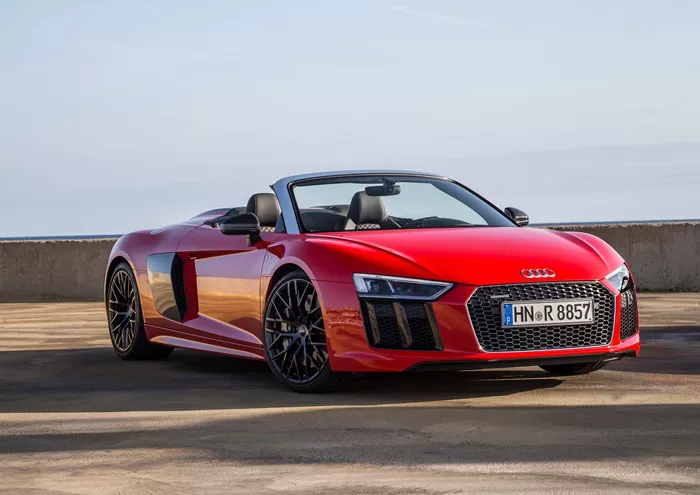July 29, 2024 — The settlement for a class action lawsuit concerning allegedly defective alternators in several Audi models is nearing final judicial approval. The alternators, also known as belt starter generators, are at the center of the dispute involving the following models:
2019-2023 Audi A6
2019-2023 Audi A7
2019-2023 Audi A8
2019-2023 Audi Q8
2020-2023 Audi Q7
2020-2023 Audi RSQ8
2020-2023 Audi S6
2020-2023 Audi S7
2020-2023 Audi S8
2020-2023 Audi allroad
2021-2023 Audi RS6
2021-2023 Audi RS7
The initial lawsuit, Steinhardt v. Volkswagen, was filed in March 2023, followed by a second lawsuit, Maximillian Reis v. Volkswagen, in May 2023. Both lawsuits were consolidated in June 2023 in a New Jersey court.
Allegations of Defective Alternators
A plaintiff reported that his 2019 Audi A6 experienced electrical issues in August 2021, resulting in multiple warning lights. After replacing the alternator and recharging the 48-volt battery, the plaintiff received a letter from Audi in early 2023 stating that the alternator was covered by a seven-year extended warranty. Subsequently, the plaintiff filed a class action lawsuit seeking over $5 million in damages.
Volkswagen/Audi has denied the allegations, maintaining that there are no defects in the vehicles. However, in an effort to avoid the high costs associated with prolonged litigation, VW/Audi has decided to settle the case.
Terms of the Settlement
According to the lawsuit, the plaintiffs argue that Audi should buy back the affected vehicles and compensate customers for the electrical system malfunctions. Prior to the lawsuit, Audi had issued technical service bulletins and extended warranties related to the alternators and batteries.
Warranty Extension and Reimbursements
Audi will extend the warranty to cover the repair or replacement costs of a failed belt starter generator for up to 10 years from the vehicle’s in-service date. This includes the cost to recharge a 12-volt or 48-volt battery or a percentage of the cost to replace these batteries after the original four-year warranty expires. However, the replacement cost will only be partially covered, leaving owners to pay a portion based on the vehicle’s age.
The extended warranty will not apply if the belt starter generator failure is due to abuse, collision, modifications, or external damage.
Audi customers may also be reimbursed for rental cars or alternative transportation if their vehicle is in the repair shop for a belt starter generator failure for more than four days, up to a maximum of 140 days. Customers must provide proof that a substitute vehicle was requested but not provided by the dealer.
Additionally, customers who paid for towing due to alternator failure may be eligible for reimbursement. The reimbursement amount may be reduced if the work was done by a non-Audi dealership, and customers must provide documentation of their expenses.
Compensation for Plaintiffs and Attorneys
The lawsuit settlement specifies that the following plaintiffs will receive up to $5,000 each:
Jason Steinhardt
Robert Asuncion
James Quann
Maximilian Reis
Elpidio Sanchez
Concepcion Saenz Cambra
Rikard Bandebo
Ji Wang
The attorneys representing the plaintiffs will receive $3,999,000.
Final Hearing Scheduled
The final fairness hearing for the Audi alternator class action lawsuit is scheduled for October 7, 2024. The case is filed in the U.S. District Court for the District of New Jersey under Jason Steinhardt v. Volkswagen Group of America, Inc., et al. The plaintiffs are represented by Chimicles Schwartz Kriner & Donaldson-Smith LLP and Ahdoot & Wolfson, PC.
Related topics:
- How To Use An Electric Generator For Home?
- 3 Quietest Home Standby Generator
- 3 Best Kohler Whole Home Generator In 2024

